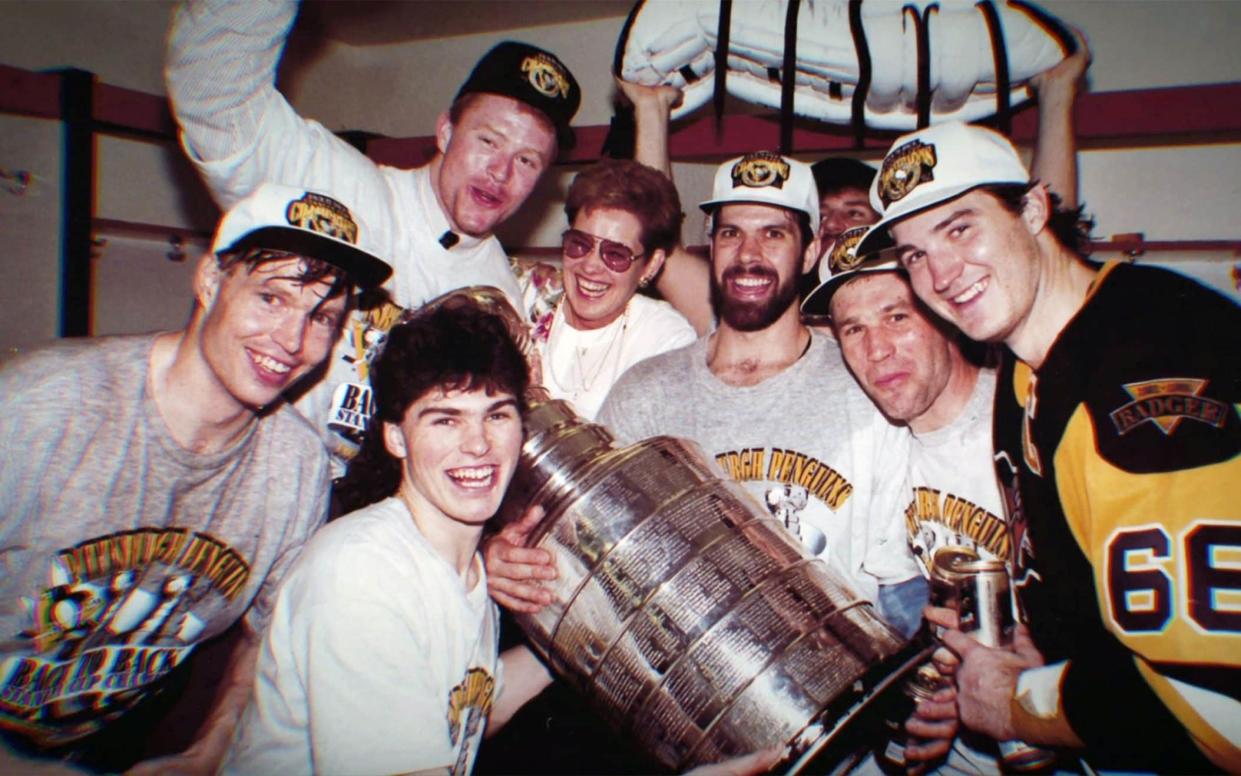Storyville: Red Penguins: Murder, Money and Ice Hockey, review: a story stranger than fiction

The tale told in Storyville: Red Penguins: Murder, Money and Ice Hockey (BBC Four) would have made a great early Nineties Hollywood comedy. American investors decide to buy into the famed “Red Army” ice hockey team following the collapse of the Soviet Union. The crazy caper that ensues involves strippers, beer-swilling bears and gangsters. I’m not saying that Moscow was a dysfunctional place, but a fan who won a truck at one of the games refused to accept it because he was so fearful of someone stealing it on the drive home.
In the role that should have been played by Steve Guttenberg was Steven Warshaw, an irrepressible marketing man sent over to work his magic on a team that had lost its mojo. His first impressions were that the country smelt of death and all the Russians were drunks.
Warshaw’s methods were novel. Discovering that there was a strip joint in the basement of the sports arena, he hired them as stripping cheerleaders. When the circus came to town (an actual circus, not a metaphor) he thought it a top wheeze to promote the team’s sponsors – a brewing company – by setting up a café on the ice and giving beer to a bear. “That was the good part,” Warshaw reminisced. The bad part was that one of the team’s veterans started teasing the bear “until the bear took off part of his finger”.
Warshaw and his bosses, co-owners of the US Pittsburgh Penguins team, were on one side. On the other, the legendary Red Army coach, Viktor Tikhonov, and the team’s general manager, Valery Gushin. Tikhonov died in 2014 but Gushin appeared here, chuckling throughout.
It was a highly-entertaining culture clash, with an eccentric cast of characters, that included the man inside the Penguins mascot costume, who couldn’t skate and kept deliberately falling over so his mascot head would fall off. But the documentary stopped being so funny around the point that it began detailing the contract killings of various individuals involved with the team. Tonally, this made the film somewhat uneven; as Warshaw shrugged: “It’s hard to be in love with someone who’s trying to kill you all the time.”
